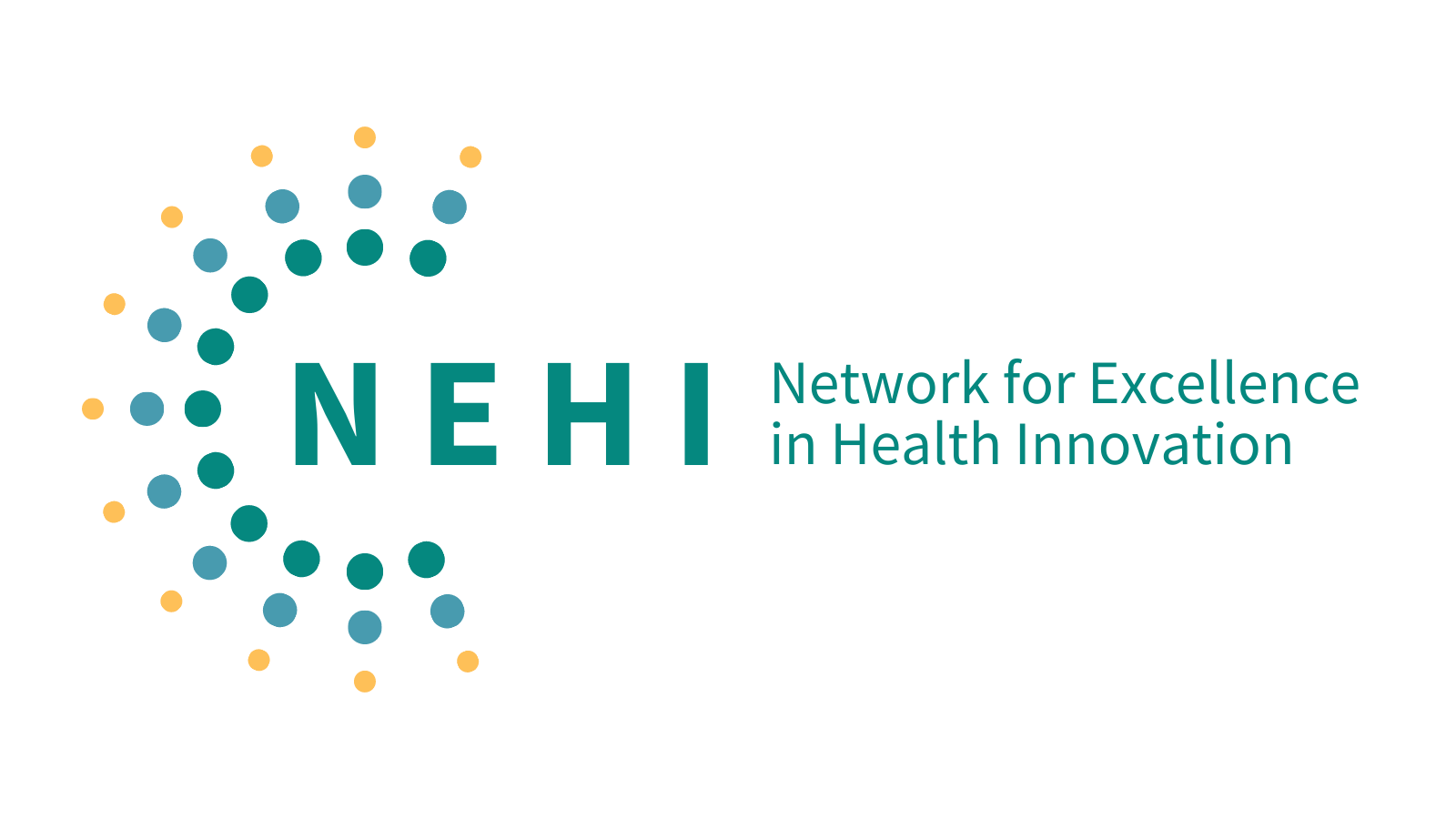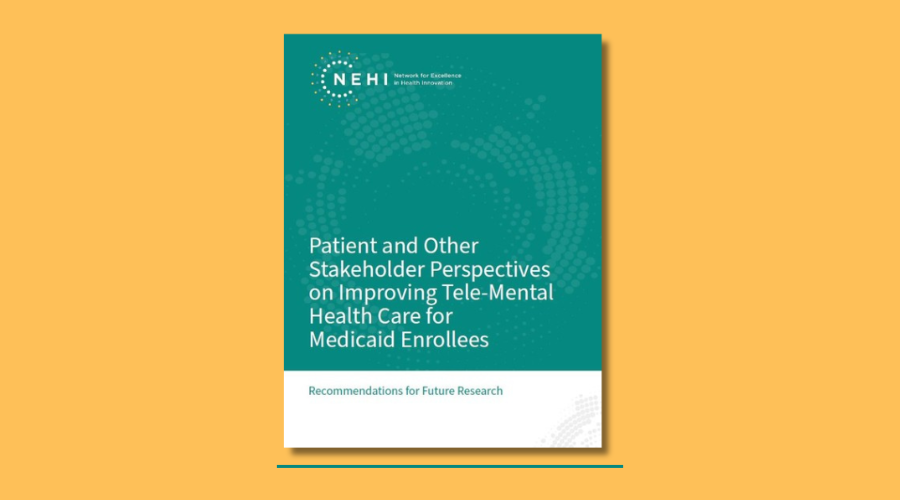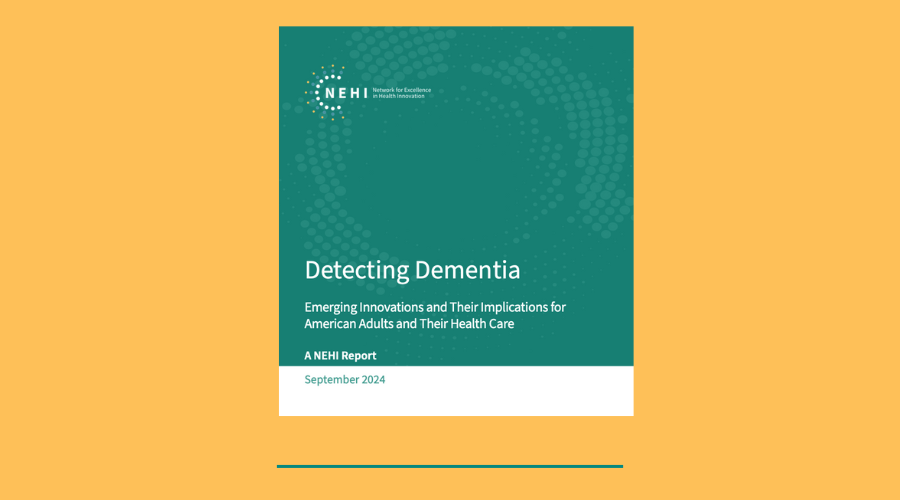Posted On July 27th, 2022
The use of tele-mental health has grown rapidly, especially in connection with the pandemic’s impact. Our understanding of the circumstances in which tele-mental health is most effective has not, however, been able to keep pace with the growth in utilization by a wider range of patients and providers. This project, funded by the Patient-Centered Outcomes Research Institute (PCORI), was designed to obtain multi-stakeholder perspectives on the research needed to enhance the beneficial impact of tele-mental health for Medicaid enrollees.
The focus of our project was on tele-mental health for Medicaid enrollees because Medicaid is the largest payer for mental health and substance use disorder services. Moreover, the population covered by Medicaid includes a large portion of people of color, people with disabilities, and people living in poverty who have experienced long-standing health disparities and disproportionate negative mental health challenges related to the COVID-19 pandemic.
This work featured a series of focus groups and a day-long conference involving patients (Medicaid enrollees with a lived experience of mental health or substance use disorder), providers (clinicians), and payers (Medicaid state officials and representatives of Medicaid managed care health plans). Participants exchanged perspectives on tele-mental health and reviewed our summary of existing research through the lens of their own experiences, and generated consensus-based recommendations for future patient-centered outcomes research (PCOR) and comparative-effectiveness research (CER) on tele-mental health.
View the recording of our webinar discussing this research with project participants.
Co-Author

Wendy Warring, J.D.
President and CEO, NEHI
Project Sponsors
Additional Contributors
Lauren Bedel, MPH, Senior Health Policy & Program Associate, NEHI
Sara Mar, MPH, Health Policy Intern, NEHI
Dusan Stojicic, MA, Associate Director, Community Catalyst
Robert Seifert, MPA, Public Policy Consultant


.png?width=75&height=75&name=Download%20(5).png)
.jpg?width=510&height=510&name=unnamed%20(1).jpg)

.png)

.png)

